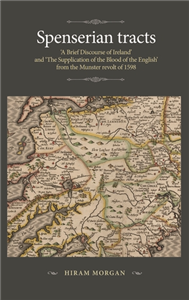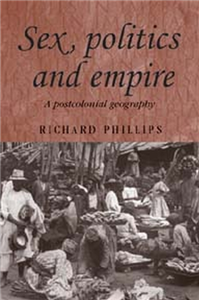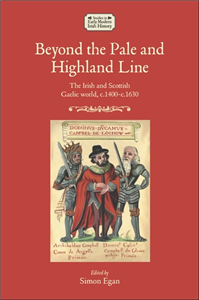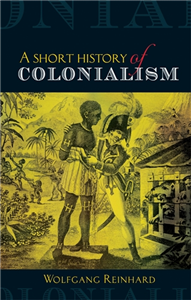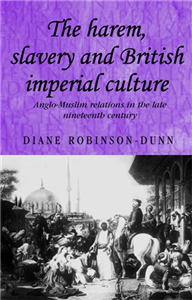Literature & Literary Studies
June 2010
By Miguel Barnet and Esteban Montejo
This Biography of a runaway slave is arguably the best-known book to have been written and published in revolutionary Cuba, being the testimonial narrative of Esteban Montejo, a former slave, runaway, and soldier in the Cuban wars of independence. The text is the collaboration between ethnographer Miguel Barnet and Montejo, the result of three years of tape-recorded interviews, transcribed, edited and annotated by Barnet. Montejo provides a first-hand account of slavery in nineteenth-century Cuba - the language, religion, music, and customs - and describes life in the sugar plantations and mills and as a runaway slave. Montejo's text also covers key historical moments, from slavery to Abolition, the Ten Years War, the Spanish American War, and US intervention in the new republic.
Reflecting the growing interest in Latin American and Cuban Studies, this student edition includes the complete text in Spanish, notes in English, a time-line of Cuban history and themes for debate and discussion. The extensive introduction focuses on three main areas: an overview of Cuban history featuring slavery, wars of independence and the new republic; an overview of the genre of the testimonial narrative as it emerged as an important literary style in revolutionary Cuba; and an analysis of the relationship between the Cuban Revolution and the publication of the text. There is also an extensive bibliography. ;







